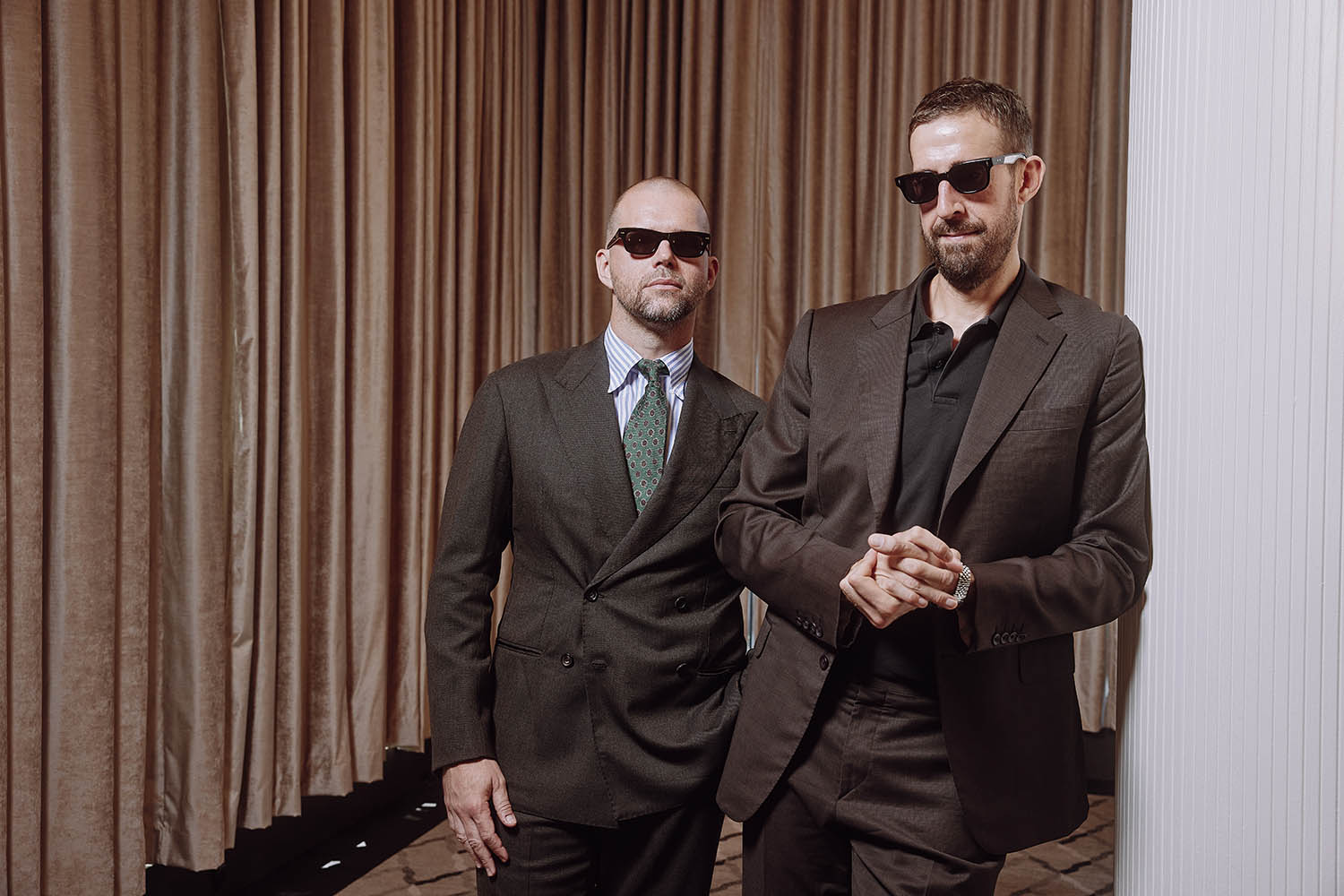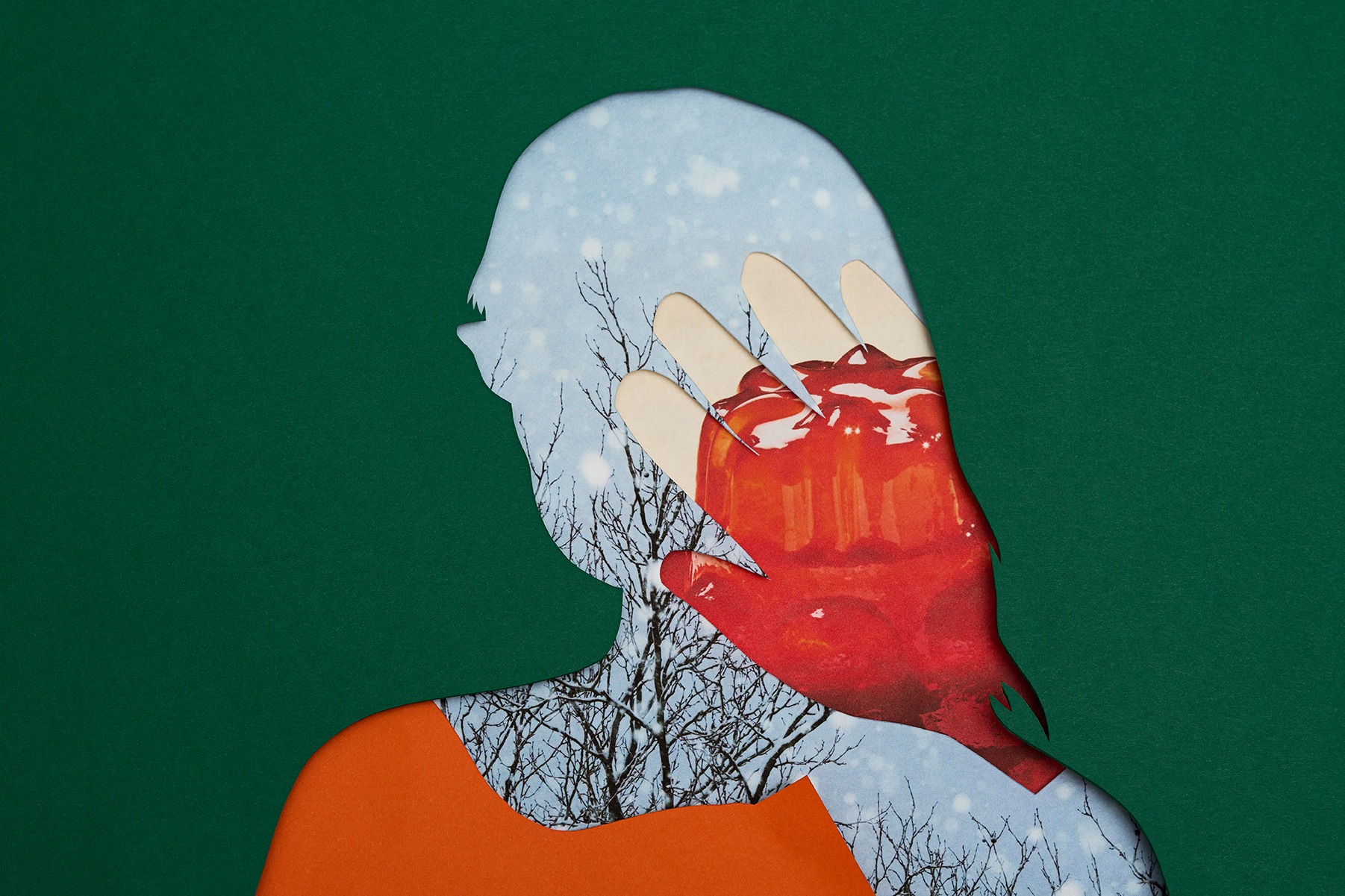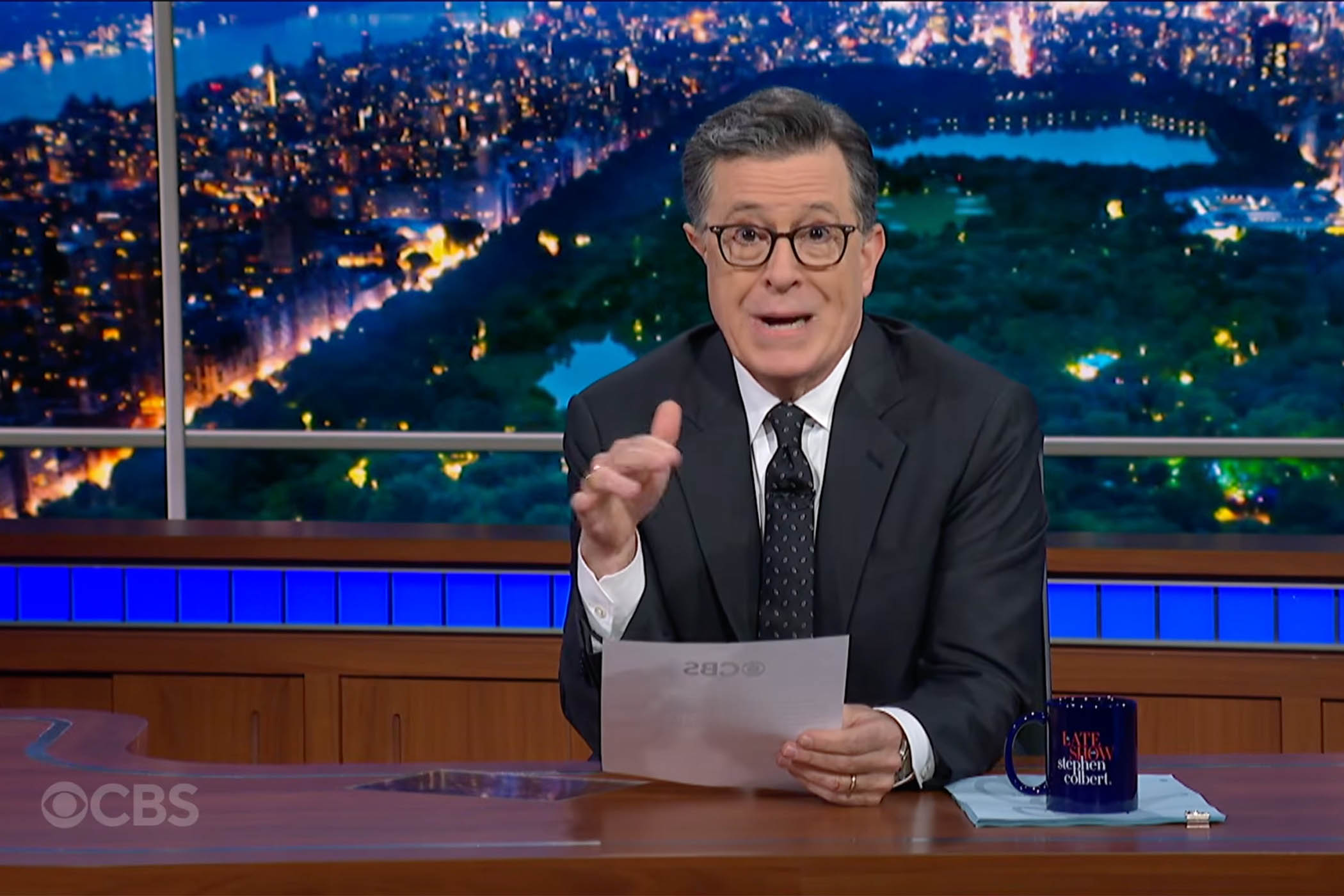Photograph by Jared Soares
Chris Black and Jason Stewart are not fazed by the prospect of being interviewed. “I don’t mind it,” Black tells me, over a videocall that is only intermittently paused by the shaky wifi I’m enjoying on a rainy afternoon in Walthamstow. “It’s not something I wake up and look forward to, but it can be fun. If you do it right, you learn something about yourself”.
Black should know. He and Stewart have spent the past five years presenting one of the most in-demand podcasts on the planet. Black is a New York-based writer and creative director whose agency, Done to Death Projects, has worked with the likes of J Crew and Balenciaga. Stewart is an LA writer and DJ who plies his trade as Them Jeans. They began their show, How Long Gone, in 2020, as that most cursed of objects: a lockdown podcast.
Its premise was and remains deceptively simple: two old friends talking to each other. About their days, their recent travels, the restaurants they’ve just eaten in, an album they’ve just heard. Sometimes they do this with a guest and sometimes that guest happens to be a massive celebrity, but the building blocks remain the same: two white men in early middle-age chat about nothing in particular.
As self-described “bi-coastal elites”, they’re not, on paper, the most relatable hosts imaginable. Their tone is dry and waspish, and their conversations range from gossipy nitpicking of service in LA restaurants to their steady accumulation of airline loyalty points, to whether vaping can ever be cool, or if grown men should ever dance (Black says no). Stewart has previously referred to the podcast as “dumb content for smart people”. Their takes on everything from food and clothes to books and music can be uncompromising, often straddling the line between ardent discernment and inveterate snobbery.
“I think snob, as a word, has that negative connotation,” Black says now. (They are both in Washington DC.) “But taste is something that takes years to develop and define. I also think it’s completely acceptable to like or not like something for absolutely no reason, because it’s a gut thing. It’s very tough to come at it without coming off as an asshole. People think I’m a monster because I don’t like something.”
“I think it’s OK to be a snob,” Stewart says, assertively. “I’m a snob about a lot of stuff.”
Their range of guests is vast. They’ve recently featured highbrow figures like the novelist Rachel Kushner, food documentarian David Gelb and XL Recordings founder Richard Russell. But they’ve also chatted with globe-conquering mega-stars such as Charli xcx, Jeff Goldblum and Lorde – the latter of whom confided that she considered Black a personal guru. “I found you so charismatic,” she told him during an appearance in June. “I put a picture on my mood board in the studio… I started unconsciously channelling your vibe.”
Five years, 800+ episodes and 500,000 weekly listens later, it’s clear that something is working. And that something, it seems equally clear, is them.
“I make the podcast that I want to listen to,” says Stewart, who doubles as the show’s producer. “I turn off almost every other podcast I listen to. I stop listening to almost every audiobook I start listening to. So I make a pod that, if I was listening to it, I wouldn’t turn off.”
Depending on what metric you use, there are somewhere between 3.5m and 4.5m podcasts currently registered with audio providers worldwide. The problem with their being so many, Black argues, is the narrow isthmus that so many are fighting over. “You’re either being sold something or you’re trying to optimise,” he says. “Those are the two things people use podcasts for. I just don’t think that’s very interesting.”
If this shrinks the horizons for listeners, however, it also gives them a chance to stand out. Not least within the growing field of celebrity-fronted froth-fests, in which stars interview an interchangeable roster of fellow stars, in interchangeable YouTube-optimised sets, on interchangeable suites of soft furnishings.
“The celebrity thing, I mean… We talk about this a lot,” Black says. “For a while there was a gold rush and people thought they could make a lot of money and it was really easy to do – especially when you come from film or television, which requires a hundred people to produce a single episode. So they thought it was a cheap and easy way to do it, and we always made the comparison to DJing and how celebrities came for that as well; that they thought it was an easy way to make money, but, like most things, they discover consistency is hard. Making it is hard. Like, it’s more difficult than it sounds to the listener”.
Other pods have tackled this glut by branding themselves with high-concept hooks. On Katherine Ryan’s What’s My Age Again?, the comedian’s guests submit to an age test that declares the health of their skin, teeth and organs. On All There Is, CNN anchor Anderson Cooper discusses grief and loss while sorting through his late mother Gloria Vanderbilt’s possessions. On Street You Grew Up On, the Scandal star Kerry Washington asks a variety of celebrity guests – you’re not going to believe this – what street they grew up on.
In such a landscape, it seems counter-intuitive that How Long Gone’s back-to-basic approach – “tell random stories and go off on tangents about whatever”, as Stewart describes it – is bearing fruit, at a time when every newly minted celebrity appears to be handed their own podcast to host, and another 20 on which to appear, the moment they have something to promote.
How Long Gone’s only gimmick for interviews appears to be having no gimmick at all. They dispense with the formulaic pap that comes with talking to celebrities, and pay little or no attention to anything their reps might want them to discuss.
The result is a catalogue of shaggy conversations, studded with rambles and tangents, but full of nuggets you won’t hear anywhere else. Like Bobby Gillespie’s dream of ending all gigs by 8.45pm, Sky Ferreira’s distaste for answering the phone or Graydon Carter declaring his proudest achievement to be that “none of my five children have tattoos”.
When recommending episodes to friends, I tend to say they’re like celebrity interviews conducted in a parallel universe where no one has anything to promote. Surely, I ask, it can’t be as easy as just sitting these polished professionals down and talking to them like normal human beings?
“The only time people can keep their guard up is if they’re a real pro with a lot to lose,” Black says. “And if you’re that good at it, I respect it. Most people, though, you see almost physically relax after 10 or 15 minutes, where they realise what’s going on. This isn’t a “gotcha” moment, like we’ve scrolled your account five years back and have a question for you. It’s just: “What did you do yesterday?” And they relax.”
“They unclench their asshole,” Stewart says. Black nods.
“They realise we’re going to have a fun conversation, tell random stories, go off on tangents about whatever. But sometimes we never get there, sometimes it takes a whole episode. And we like to show that, too, because it’s interesting and it’s more fun to watch us battle it out for a while until we find common ground, versus immediately getting into their new book or whatever.”
The pair now supplement their show with a tour schedule that takes them across America and increasingly to the UK, including a stop in London later this month. “I would live in London if it made sense for my life,” Black says.
“I always make the dumb joke,” Stewart adds. “English is the language I learned how to speak and London is the place where they’ve mastered it.”
With all these public engagements and an ever-growing fanbase, how are they finding being recognisable themselves?
“When you do a podcast three times a week and create hours and hours of content every month, parasocial relationships are formed,” Stewart says. “It can get a little weird and blurry sometimes, but 99.9% of the time our fans are cool and regular.”
“What happens to me the most,” Black says, “is I’ll be walking down the street in Soho and someone shows me their phone and they’re listening to How Long Gone, and they give me a fist bump and we walk by each other. That’s the most common thing, and it’s the perfect situation. Nothing else needs to be said”.
Chris Black and Jason Stewart will be hosting the How Long Gone podcast from London’s 100 Club with Blondey McCoy on 4 August (howlonggone.com)
Newsletters
Choose the newsletters you want to receive
View more
For information about how The Observer protects your data, read our Privacy Policy


